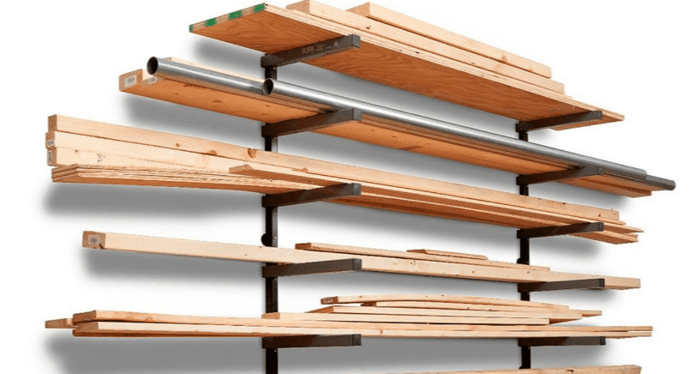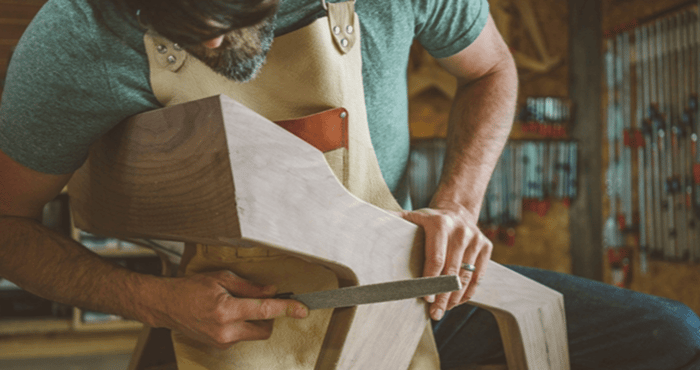
Beginner Woodworking: Your First Steps Without Power Tools
Woodworking offers a rewarding creative outlet, especially for beginners. You can start without power tools, saving money and reducing your environmental impact. This guide will introduce you to essential tools, materials, and simple projects that build foundational skills in woodworking.
What is Beginner Woodworking?
Beginner woodworking involves crafting functional and decorative items from wood using basic hand tools. This hands-on hobby teaches fundamental skills like measuring, wood selection, and joinery. Projects such as birdhouses, picture frames, or small storage units help build confidence and proficiency.
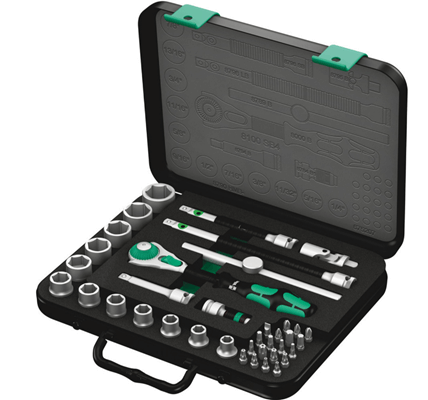 Wera 05003596001 8100 Sb 4 Zyklop Speed Ratchet Set, 3/8 Inch Drive, Imperial, 38 Pieces The ratchet head pivots freely and can be locked into any position by using the slide switch that is positioned on either side.
Wera 05003596001 8100 Sb 4 Zyklop Speed Ratchet Set, 3/8 Inch Drive, Imperial, 38 Pieces The ratchet head pivots freely and can be locked into any position by using the slide switch that is positioned on either side.Benefits of Woodworking Without Power Tools
Opting for hand tools instead of power tools offers several advantages: lower costs, increased sustainability, and a deeper connection to your materials. Hand tools help you refine your joinery skills and allow for more precise, intentional craftsmanship.
Environmental Impact and Cost Savings
Using hand tools reduces electricity consumption and avoids expensive equipment purchases. It also promotes sustainable practices by encouraging the use of reclaimed wood. This eco-conscious approach aligns with the values of the woodworking community, fostering creativity while minimizing waste.
Tools and Materials Needed
To begin woodworking without power tools, start with a few essential hand tools: saws, chisels, clamps, and a hammer. Measuring tools like a tape measure, square, and level are crucial for accuracy. Select the right wood (hardwoods for durability, softwoods for ease) and appropriate finishes to ensure quality results.
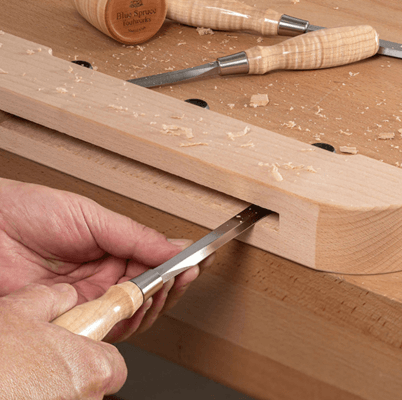 Blue Spruce BCH038STSSBRW Bench Chisel, 3/8 (0.375), 9.5MM, Ss Ferrule, Standard, Bolivian Rosewood Handle The tempering and cryo treatments result in an incredibly fine grain structure and a hardness of Rockwell C-60 to C-62. These chisels take and hold an edge like no other.
Blue Spruce BCH038STSSBRW Bench Chisel, 3/8 (0.375), 9.5MM, Ss Ferrule, Standard, Bolivian Rosewood Handle The tempering and cryo treatments result in an incredibly fine grain structure and a hardness of Rockwell C-60 to C-62. These chisels take and hold an edge like no other.Projects for Beginners
Start with simple projects that build confidence and refine your skills. Crafting birdhouses, picture frames, or cutting boards provides practical results and a sense of accomplishment.
Simple and Useful Projects to Start With
Begin with easy projects like a DIY birdhouse, wooden shelf, or custom coasters. These projects teach essential skills such as measuring, cutting, and joining while resulting in functional, aesthetically pleasing items for your home or gifts for others.
Techniques for Working with Hand Tools
Mastering basic techniques—measuring, cutting, sanding, and joining—lays the foundation for more advanced projects. Proper use of hand tools ensures accuracy and craftsmanship in every project.
Basic Woodworking Skills and Methods
Develop key skills such as selecting appropriate wood, using saws and chisels effectively, and finishing your work with sanding or staining. These techniques are essential for creating high-quality, durable wood pieces.
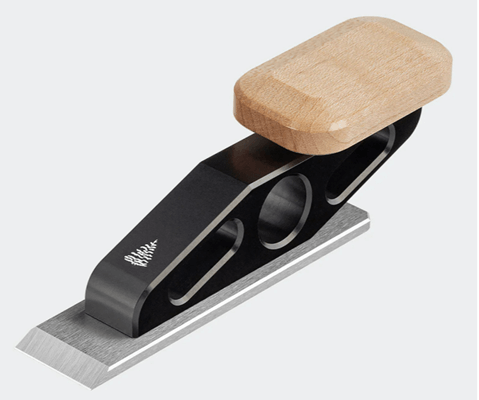 Blue Spruce CPSTBLKCM Chisel Plane, Black Anodized, Curly Maple Handle Standard Blade The Optima Chisel Plane fills a unique void in our tool collection. It serves as a master of dexterity in the places we can’t.
Blue Spruce CPSTBLKCM Chisel Plane, Black Anodized, Curly Maple Handle Standard Blade The Optima Chisel Plane fills a unique void in our tool collection. It serves as a master of dexterity in the places we can’t.Safety Tips for Working Without Power Tools
Safety is crucial in any woodworking project. When using hand tools, maintain a tidy workspace, use the correct tools, and wear appropriate safety gear like goggles and gloves. Regularly check tools for wear and store them properly to avoid accidents.
Resources for Learning and Improving
There are numerous resources available to help beginners improve their skills, including books, online tutorials, and woodworking classes. Community workshops offer hands-on learning and an opportunity to connect with experienced woodworkers.
Books, Videos, and Classes for Beginner Woodworkers
- "The Complete Manual of Woodworking" – A comprehensive guide to tools and techniques.
- "Woodworking Basics: Mastering the Essentials of Craftsmanship" – Focuses on core skills and techniques for beginners.
Online videos and local workshops offer step-by-step guidance and real-time learning, enhancing your skills and confidence.
Frequently Asked Questions
What are some beginner woodworking projects that can be done without power tools?
Birdhouses, picture frames, simple shelves, and cutting boards are great projects to start with. These require basic hand tools and provide practical, enjoyable results.
Do I need any experience to start woodworking without power tools?
No prior experience is needed. These beginner projects are designed to help you learn the basics and develop your skills.
What materials do I need for beginner woodworking projects without power tools?
Basic materials include wood, sandpaper, nails, and wood glue. You can also use reclaimed wood for an eco-friendly approach.
Can I create quality projects without power tools?
Yes, with patience and attention to detail, you can create high-quality projects using hand tools alone.
What safety precautions should I take when working without power tools?
Wear safety goggles and gloves, keep your workspace clean, and ensure your tools are in good condition to prevent accidents.
Where can I find beginner woodworking projects without power tools?
Online tutorials, woodworking books, and community workshops provide plenty of project ideas and guidance for beginners.




